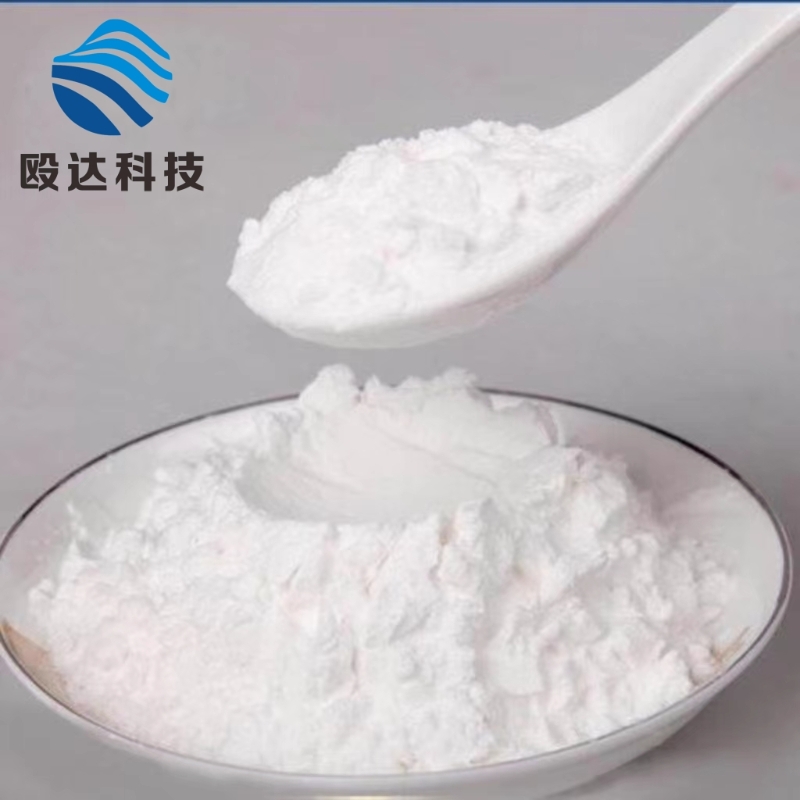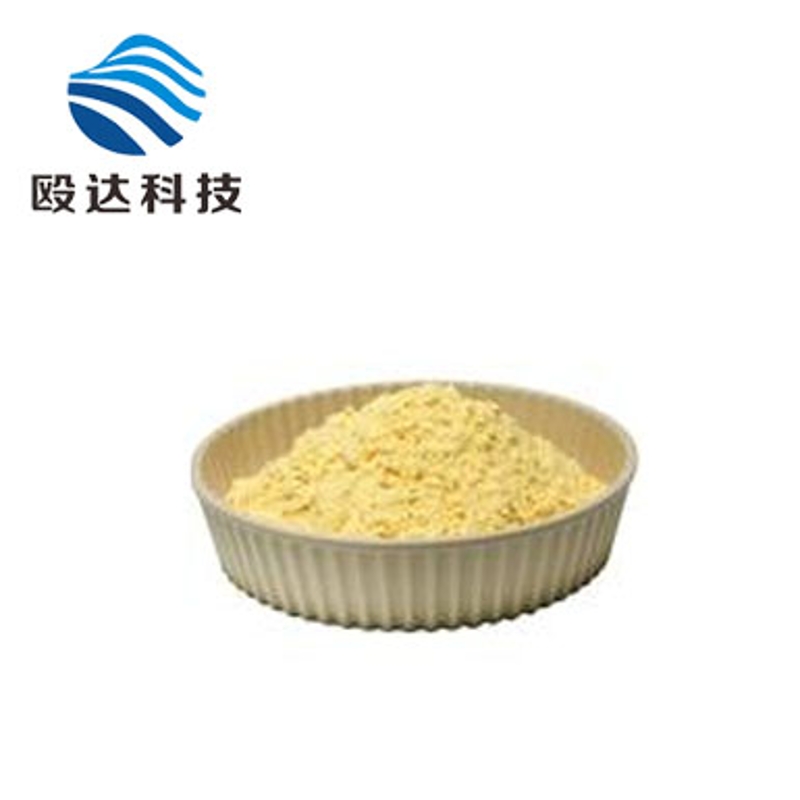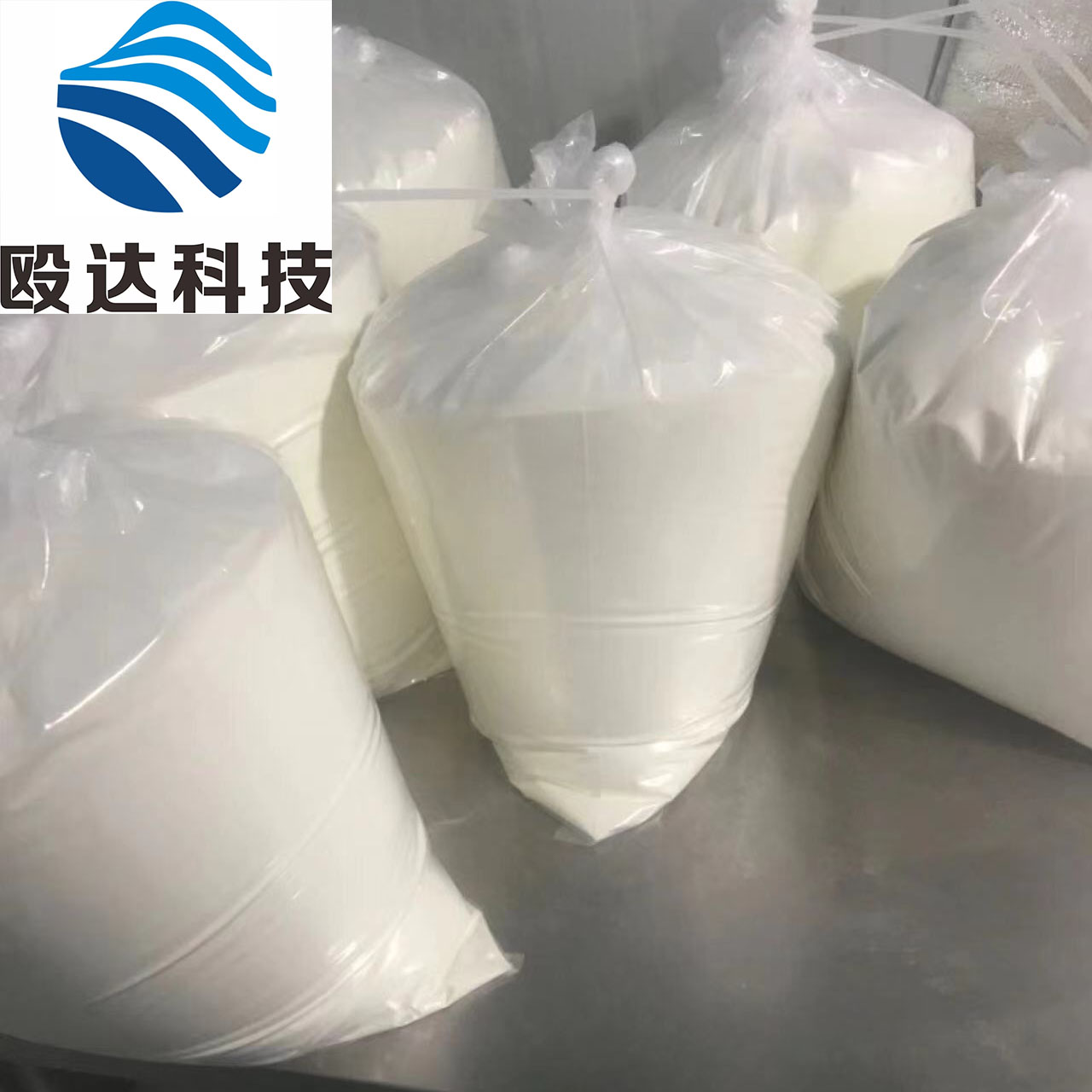-
Categories
-
Pharmaceutical Intermediates
-
Active Pharmaceutical Ingredients
-
Food Additives
- Industrial Coatings
- Agrochemicals
- Dyes and Pigments
- Surfactant
- Flavors and Fragrances
- Chemical Reagents
- Catalyst and Auxiliary
- Natural Products
- Inorganic Chemistry
-
Organic Chemistry
-
Biochemical Engineering
- Analytical Chemistry
- Cosmetic Ingredient
-
Pharmaceutical Intermediates
Promotion
ECHEMI Mall
Wholesale
Weekly Price
Exhibition
News
-
Trade Service
On November 2-3, 2022, the FDA hosted a two-day Advisory Committee Meeting on Pharmaceutical Science and Clinical Pharmacology
.
The conference focused on two key themes related to the Office of Drug Quality (OPQ) mission to promote access to quality medicines for the American public: Quality Management Maturity (QMM) and KASA
.
This article will introduce the main topics
discussed about QMM.
On November 2, the committee discussed the Center for Pharmaceutical Evaluation and Research (CDER) Quality Management Maturity (QMM) program
.
QMM
is the state
achieved when pharmaceutical manufacturers have consistent, reliable, and robust business processes in place to achieve quality objectives and promote continuous improvement.
CDER
It is proposed to develop a rating system to help incentivize pharmaceutical manufacturers to adopt more mature quality management practices
in their facilities.
The committee will consider the impact of
the QMM program on the pharmaceutical industry, drug shortages and supply chain resilience.
FDA will seek comments to determine whether experts from academia and industry support it
Development of the CDER QMM program to incentivize investment in
proven quality management practices.
The meeting began with the topic of drug shortages, pointing out that one of the main reasons for drug shortages is quality problems, and the root cause of quality problems is that the market does not recognize and reward manufacturers with "mature quality systems" that focus on continuous improvement and early detection of supply chain problems, so it is recommended to develop a rating system to incentivize pharmaceutical manufacturers to invest in QMM.
The second topic of the conference was the future of
pharmaceutical quality.
Drug quality is to ensure that every dose is safe and effective, free of contamination and defects
.
This gives patients confidence
in their next dose.
Drug quality includes three aspects
: product quality, process quality and quality management.
The key to ensuring the quality of medicines is transparency
.
The White House 100-Day Report is again quoted here: FDA should lead the development of a framework to measure and provide transparency about the maturity of facility quality management, engaging with industry, academia, and other stakeholders
.
After introducing the two major topics of drug shortage and drug quality, the introduction
of quality management maturity begins.
The FDA says the QMM program's push relies on an existing scientific research base
.
It is worth mentioning that in these four academic studies, in addition to PDA and the quality culture of the University of St.
Gallen, the FDA placed at the top of the slide is titled "Quantitative" by Peking University published by the Journal of Drug Innovation
Analysis of the QMS for Pharmaceutical
Manufacturing (Quantitative Analysis of Quality Management Systems for Pharmaceutical Manufacturing)", which for the first time proposes a set of quality management systems (QMS) for pharmaceutical manufacturing based on empirical data from Chinese pharmaceutical companies
Statistical methods
for performing quantitative analysis.
The FDA emphasized that the realization of QMM needs to be supported by regulatory innovation data, and proposed for the first time that the data is divided into lagging indicators and leading indicators
indicators), and these two concepts are also quoted by the FDA from the Peking University research article mentioned above (through data analysis, finding the leading indicators of the quality management system is the main conclusion of the article).
Lagging indicators recommended by FDA include: quality defect reporting, drug sampling and testing results, external data, application data, inspection data; Leading indicators include: Quality Management Maturity Rating, Quality Metrics
.
Highlight that regulators are unable to address many of the problems
with lagging indicators.
True innovation requires new data and science-based leading metrics
.
Through the data analysis of lagging indicators, enterprises should find correlations with leading indicators, so as to rectify specific indicators and ultimately achieve the goal
of quality management maturity.
The FDA then discussed several topics: lessons learned from FDA's QMM program, stakeholder perspectives, FDA's vision for QMM, stakeholders, and the potential benefits of FDA, all of which were discussed in the Quality Management Maturity White Paper released in April and the Quality Management Maturity Webinar in May.
The FDA had stakeholders vote on several key issues at the QMM webinar in May, and the results
of the vote on several issues were announced at this meeting.
About the QMM Program:
About the QMM Program:1.
Should purchasers of formulations or APIs consider the quality management maturity of the facility/manufacturer that produces them?
409 (99%) chose "Yes" and 5 (1%) chose "No"
.
2.
Is it thought that information about the maturity of quality management in the facility where the formulation or API is manufactured will improve decision-making in the pharmaceutical supply chain?
364 (89%) chose "yes" and 47 (11%) chose "no"
.
Regarding the shortage of medicines:
Regarding the shortage of medicines:1.
Is it thought that providing purchasers with information about the maturity of quality management at the facility where the formulation or API is manufactured will reduce drug shortages in the long term?
194 (53%) chose "yes" and 173 (47%) chose "no"
.
2.
Which QMM rating is most valuable for preventing shortages?
33 (12%) chose "API manufacturer", 21 (7%) chose "formulation manufacturer", and 233 (81%) chose "both"
.
About incentives:
About incentives:What are the biggest potential benefits for participating venues in the QMM program?
163 selected "identifying opportunities for continuous improvement," 61 for "improving supply chain insights," 37 for "incentives from the FDA," 17 for "being able to use research results in the marketplace," and 1 for "incentives from buyers
.
"
Finally, the FDA re-emphasized the next steps for QMM, including the development of QMM
Evaluation protocols, development of evaluation scoring criteria, practical considerations, final rating considerations (integration of relevant data), coordination with government partners – notification of reimbursement/procurement decisions, etc
.
It concludes that actively advancing the QMM program is important
for all stakeholders, including the FDA, industry, purchasers and payers, pharmacies, healthcare providers, patients, and consumers.







